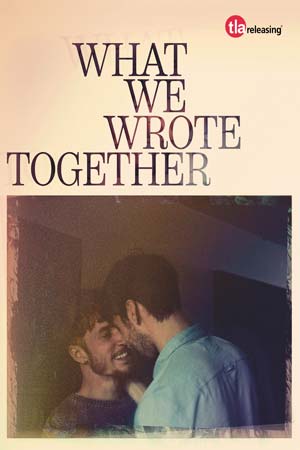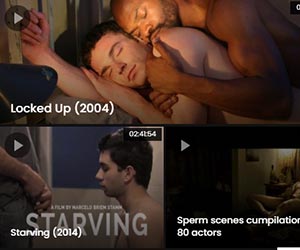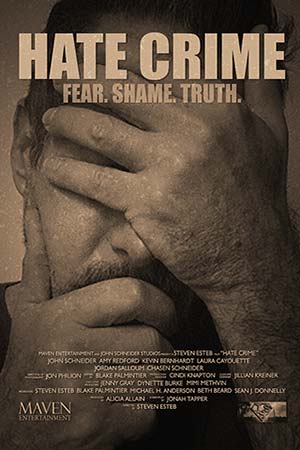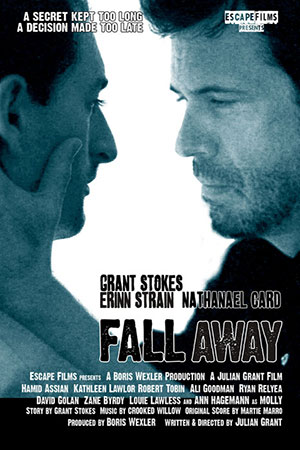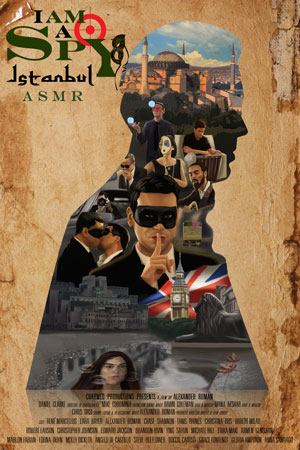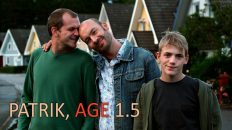Hate Crime (2017) is not a typical crime story. Rather than focusing on the act itself, the film examines its aftermath, shifting the perspective to the parents of both the victim and the perpetrator. Raymond’s father’s rigid views of masculinity shaped his son’s behavior, pushing him toward a destructive path. Kevin, an openly gay man, becomes the unintended victim of these unresolved conflicts. The movie critiques societal norms and the ways they can perpetuate violence while leaving room for reflection, empathy, and a call to action for parents to love their children unconditionally.
Director Steven Esteb’s Hate Crime is a deeply emotional exploration of grief and accountability. At its core, the movie is less about the crime itself and more about the social constructs that led to it. The director’s message resonates through every scene:
“Love the shit out of your kids. No matter what they want to do, what they want to be, whoever they really are.”
Raymond’s character is shaped by the ideals of his father, who equates masculinity with aggression, control, and dominance. In one flashback, Raymond’s artistic side is dismissed, highlighting the pressure he felt to conform. This repression boils over into violence, culminating in Kevin’s death. The film critiques this cycle of learned behavior, offering a rare and thought-provoking examination of toxic masculinity.
“Often, those traits are praised and rewarded, especially in action films. Hate Crime provides a critical, thought-provoking examination of toxic masculinity and how it is taught rather than inherited.”
While the film provides an in-depth look at Raymond and his parents, it offers less insight into Kevin’s life and identity. Kevin’s backstory is told through brief snippets, leaving LGBTQ+ viewers longing for a fuller exploration of his perspective. This narrative choice underscores the film’s focus on parental dynamics, but it raises questions about representation and balance.
The movie’s most powerful moment occurs when the families meet face-to-face. This climactic scene forces them to confront their pain, anger, and unresolved questions. It is here that the film shines in portraying the raw, unfiltered emotions of grief and the potential for understanding.
Hate Crime (2017) is not an easy watch, nor is it a conventional LGBTQ+ story. Instead, it serves as a cautionary tale about the consequences of repression and societal expectations. By centering parents’ perspectives, the film creates a space for self-reflection, urging viewers to reconsider the impact of their own beliefs and actions on their children.




